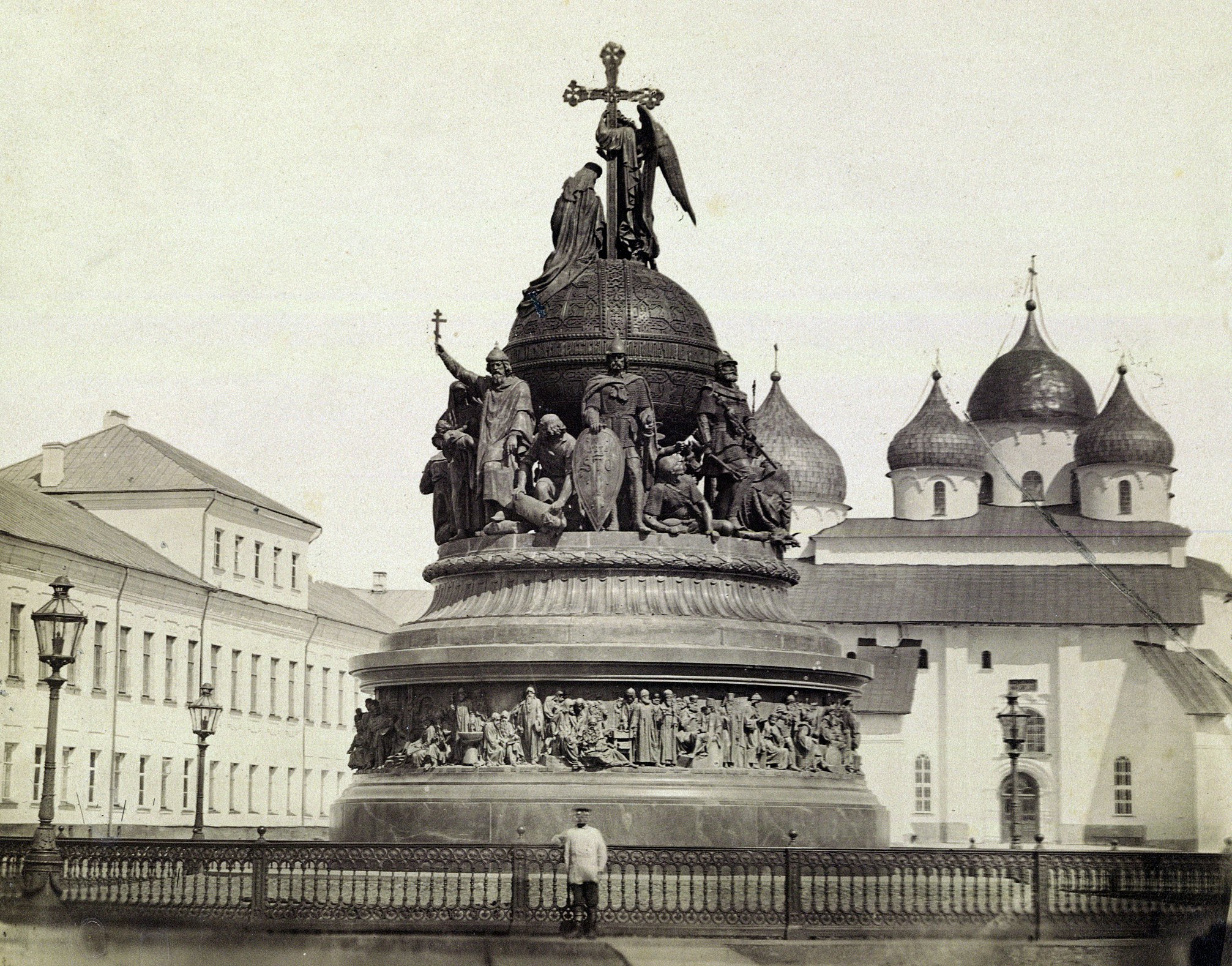You can’t find baronial titles or other ranks anyplace else. Changing into a lord or lady means acquiring the bottom rank of peerage, and such titles might be yours for simply £29.99. Supplying you with the possibility to fashion your self as such on any future documentation, this represents the achievement of a life-long dream for a lot of. We offer detailed stories for every title we recommend, guaranteeing our purchasers have the information they should make knowledgeable decisions. If we can’t locate an acceptable title, we provide a full refund of the research fee—no questions requested. We honor the cultural and historic significance of noble titles, treating them with the respect they deserve. We are dedicated to preserving their legacy and making certain they are transferred only to people who share our appreciation for their significance. The CILANE has no “president” however quite a Coordinator elected for 3 years. CILANE permits each national affiliation to carry out initiatives collectively. It holds a world congress each three years. Most of the organizations represented in CILANE are private initiatives, significantly in nations where titles of nobility are no longer recognized and due to this fact unregulated by legislation.
In 1722, Czar Peter the good modified the system of promotion to membership within the aristocracy from one primarily based on ancestral inheritance to at least one based mostly on the value of precise service supplied to the monarchy. By the 1800s, the wealth and thus the affect of the Russian aristocrats had been decreased on account of their extravagant lifestyles and poor estate administration combined with a collection of legal guidelines limiting their political energy.
This occurred steadily and considerably haphazardly – some nobles would fashion themselves with titles, even without official standing. There was additionally some fluidity between ranks and titles, as properly as the rights and privileges that accompanied them, the small print of which varied throughout the various European international locations as they altered and developed over time. At the center of these discussions lies a fundamental tension: how will we steadiness the values of equality with the preservation of heritage? One current instance comes from Spain, where a duchess sparked public outcry by reclaiming entry to a historic park. Elsewhere, people have fought legal battles to retain recognition for noble titles that stretch back centuries. Amongst them is the case of Edler Herr von Nordenburg, a hereditary title held by a family with roots tracing again to medieval Poland.
For instance, French noble titles had a authorized status and definition, whereas England’s peerage and gentry was more of a social order and class system. There were additionally variations of hierarchy throughout the international locations of Europe and occasions when a French noble would outrank a noble of similar title in one other nation. For example, a French Duke who was in line to the throne would have been considered the next rank than a prince of a smaller country or less highly effective principality. Generally, although, the titles and ranks of French nobles aligned with the hierarchy of nobility in other international locations of medieval Europe, albeit with a unique French aptitude. Probably the most tangible legacies from the imperial past are of the fabric variety: bodily constructions comparable to cities, colleges, hospitals, railway stations, judicial and legislative buildings, roads, canals and bridges. There could also be basic settlement about the persevering with utility of many of these built legacies for publish-colonial governments and populations.

